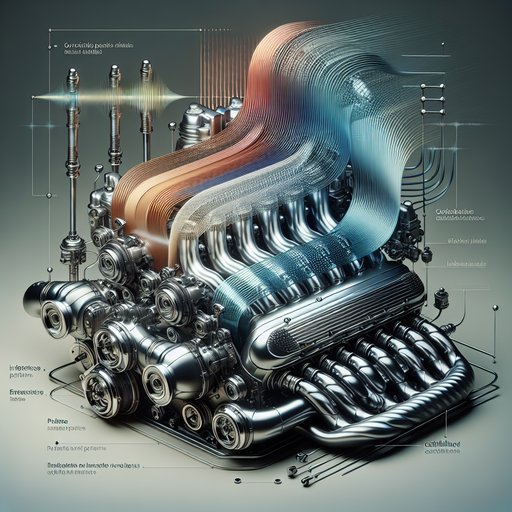
The automotive industry is experiencing significant workforce restructuring as major manufacturers adapt to changing market demands and technological transitions. Two major players - General Motors and parts supplier ZF Group - have recently announced substantial job cuts affecting thousands of workers, highlighting the ongoing transformation in the automotive sector.
General Motors has announced the elimination of 900 positions at its Fairfax Assembly Plant, despite having plans for a $4 billion upgrade to the facility. This reduction comes as part of GM's broader strategy shift in electric vehicle and SUV production [1].
In a parallel development, ZF Group, a major automotive supplier, has revealed plans for a dramatic workforce reduction, announcing it will cut 14,000 jobs across its operations. The company's transmission division will bear the brunt of these cuts, with plans to reduce its electronic transmission workforce by a quarter by 2030 [2].
These workforce reductions reflect broader industry trends as automotive manufacturers and suppliers navigate the transition to electric vehicles and adapt to changing market demands. The cuts at both companies represent significant shifts in their operational strategies and highlight the challenges facing traditional automotive manufacturing roles.
The impact of these changes extends beyond the immediate job losses, signaling a fundamental transformation in the automotive industry's employment landscape. As companies invest in new technologies and production methods, the skill sets required for automotive manufacturing continue to evolve.
















